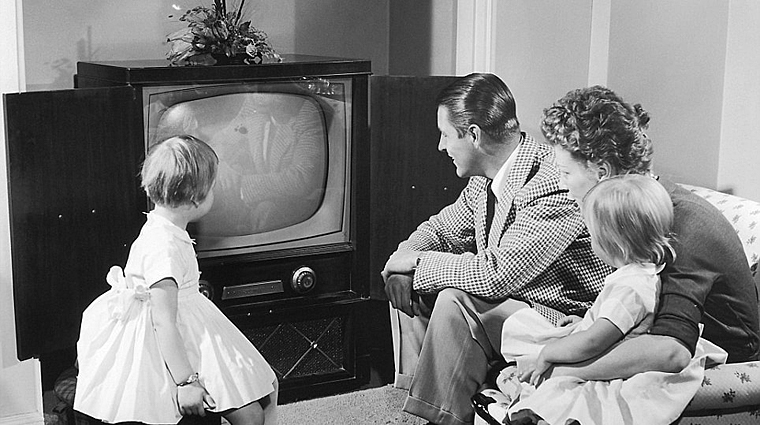
An article by the NY Times columnist David Brooks has stuck with me, not because it made me angry but because it made me sad. Mr. Brooks is an intelligent, albeit conservative, fellow who also appears regularly on the “Lehrer News Hour” on PBS. In one of his columns last month, he took note of the fact that belief in the goodness of humankind had waned, and that the predominant view today is that humans are essentially a savage, unruly, incorrigible lot. He considers this view to be more realistic and helps him explain why the world suffers so.
I have already gone on record (The Algebra of Good and Evil – Sept. 21, 2006) stating that while terrible things happen at the hands of others every day, the kindness we show others is far more frequent and long-lasting. My sadness in reading Mr. Brooks’ column came from the blasé way in which he presented his conclusions, as if any other point of view is merely quaint or old-fashioned. Rather than mourning its loss, the end of goodness seemed to David Brooks like awakening from a dream, tinged with nostalgia but quickly set aside for a grimmer view of human nature. I sent him an e-mail in which I expressed such feelings, but he’s not replied. I’ve been thinking about his comments, though, how and why one would lose faith in human goodness. I’ve concluded that he watches altogether too much TV.
On any given day or night of the year, many millions are watching tales of murder, rape, sodomy, bloody beatings, child abuse, serial killers and psychopaths. Hour upon hour, gore fills the screen in graphic detail. The violence against women and children is particularly unpleasant, and I refuse to watch it.
What is it about violence and crime that fascinates; is it blood? I think not; one needs only shave too close with a dull razor to see real blood, after all. Perhaps it is the glimpse of what we are made of, our delicate easily perforated outer self that yields so readily to injury; the fear of death. We spend so much time inside our heads that it’s easy to forget what literally makes us tick. To all intents and purposes, we are liquid-filled balloons; one solid jab and we deflate. It may be that all these morbid TV tales remind us of the truth of our condition: we are so vulnerable that violence is our cruelest enemy, kindness our greatest friend. Perhaps our addiction to TV mayhem is our vain attempt to make friends with death.
Whatever the cause or value, it’s important to remember that the purpose of TV is to sell products and make money, hence the murder then the soup. To confuse it with real life is dangerously misguided, leading to pessimism and despair. Of course, I can’t be sure where David Brooks gains his impressions of the world. When I see him on the News Hour his coffee cup is filled, he nods and smiles a lot. From what I can tell he has never been stabbed, shot, mutilated or abused. In fact, unlike the small screen’s many personae, this successful fellow with the low opinion of humanity seems to be entirely safe, secure and exceptionally well-treated.